In a dramatic turn of events within South Africa's political sphere, Jabulani Khumalo, the founder and original registrant of the MK Party with the Independent Electoral Commission (IEC), has taken his battle for leadership to the Electoral Court. The case, which is being heard in the Gauteng High Court in Johannesburg, centers around the IEC's controversial decision to recognize former President Jacob Zuma as the leader of the MK Party, effectively sidelining Khumalo.
Khumalo's move to seek legal recourse highlights the intense power struggle within the party and raises significant questions about the internal governance of South Africa's political entities. He claims that he is the rightful leader, as he was the one who initially established the party and officially registered it with the IEC. The recognition of Zuma as the party leader has led to turmoil within the ranks of the MK Party, with members and supporters divided over the validity and fairness of the commission's decision.
The Genesis of the Dispute
The MK Party, which stands for Mkhonto weSizwe (Spear of the Nation), was founded by Khumalo with aspirations to bring about change and advocate for social justice within South Africa. Its roots can be traced back to the armed wing of the African National Congress (ANC) during the apartheid era. Khumalo, leveraging the historical significance of the name, registered the party with the IEC, believing it would resonate with the public and former freedom fighters.
However, the party's trajectory took an unexpected twist when Jacob Zuma's name surfaced as its leader. Zuma, a seasoned political figure with a contentious history, brought with him both widespread recognition and a legacy of controversy. His association with the MK Party was initially seen by some as a strategic move to bolster the party's visibility and credibility. Nonetheless, it left Khumalo feeling usurped and determined to reclaim what he considers his rightful position.
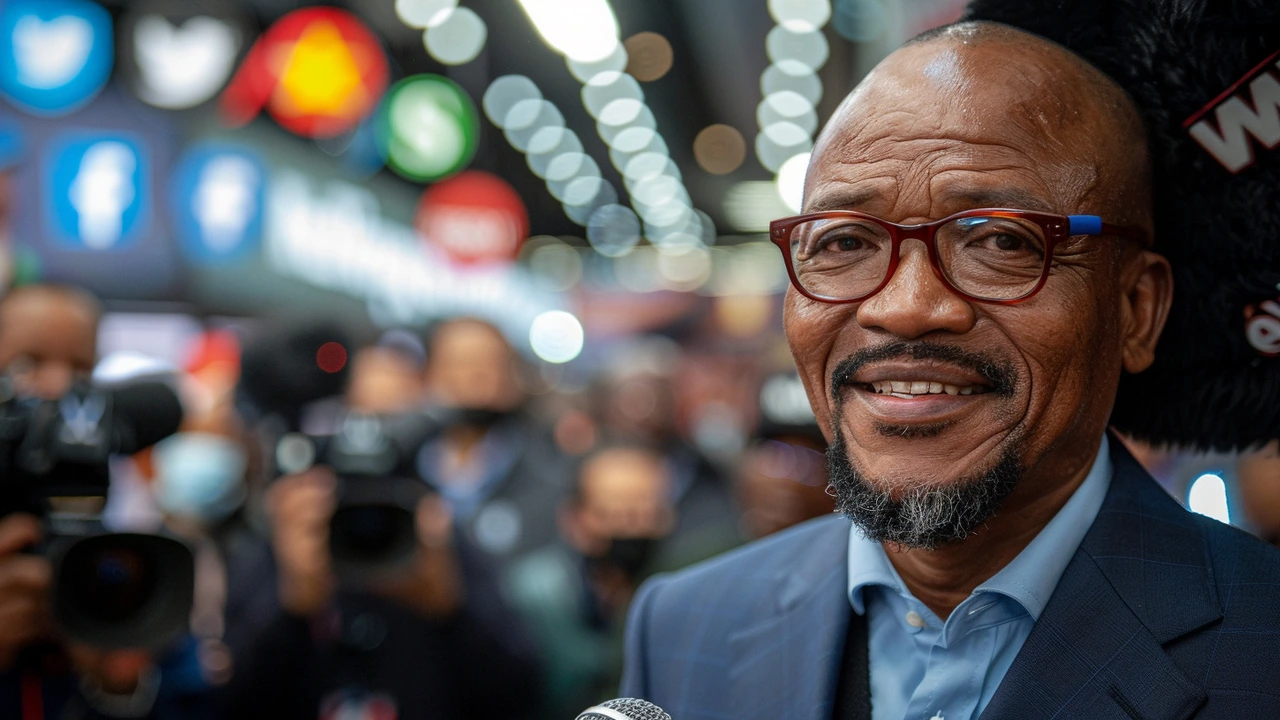
The Legal Battle Unfolds
The case brought before the Electoral Court is steeped in legal intricacies and implications that extend beyond the immediate parties involved. Khumalo's legal team has argued that the IEC's decision to recognize Zuma was flawed and did not adhere to the proper procedural requirements. They contend that the commission overstepped its authority and failed to consider Khumalo's foundational role in the party's creation.
On the other hand, Zuma's camp maintains that his leadership was endorsed by a majority within the party's hierarchy and membership. They argue that his experience, political acumen, and influence make him the ideal candidate to lead the party, especially as it seeks to establish a foothold in South Africa's competitive political landscape. The live-streamed proceedings have garnered considerable public interest, with viewers eager to see how the court will navigate the complex interplay of law, politics, and personal ambition.

Implications for the MK Party and South African Politics
The outcome of this legal battle holds significant ramifications for the MK Party and the broader political arena in South Africa. Should Khumalo succeed, it would not only reaffirm his leadership but also challenge the IEC's decision-making process. Such a ruling could prompt a review of how the commission handles internal party disputes and leadership recognitions, potentially leading to more stringent regulations and oversight.
If Zuma's leadership is upheld, it could solidify his position within the MK Party and potentially attract a new wave of support from his existing followers. This scenario might also embolden other political figures seeking to leverage their prominence to assume leadership roles within emerging parties. For the IEC, the case serves as a litmus test for its credibility and impartiality in managing South Africa’s complex and often fractious political environment.
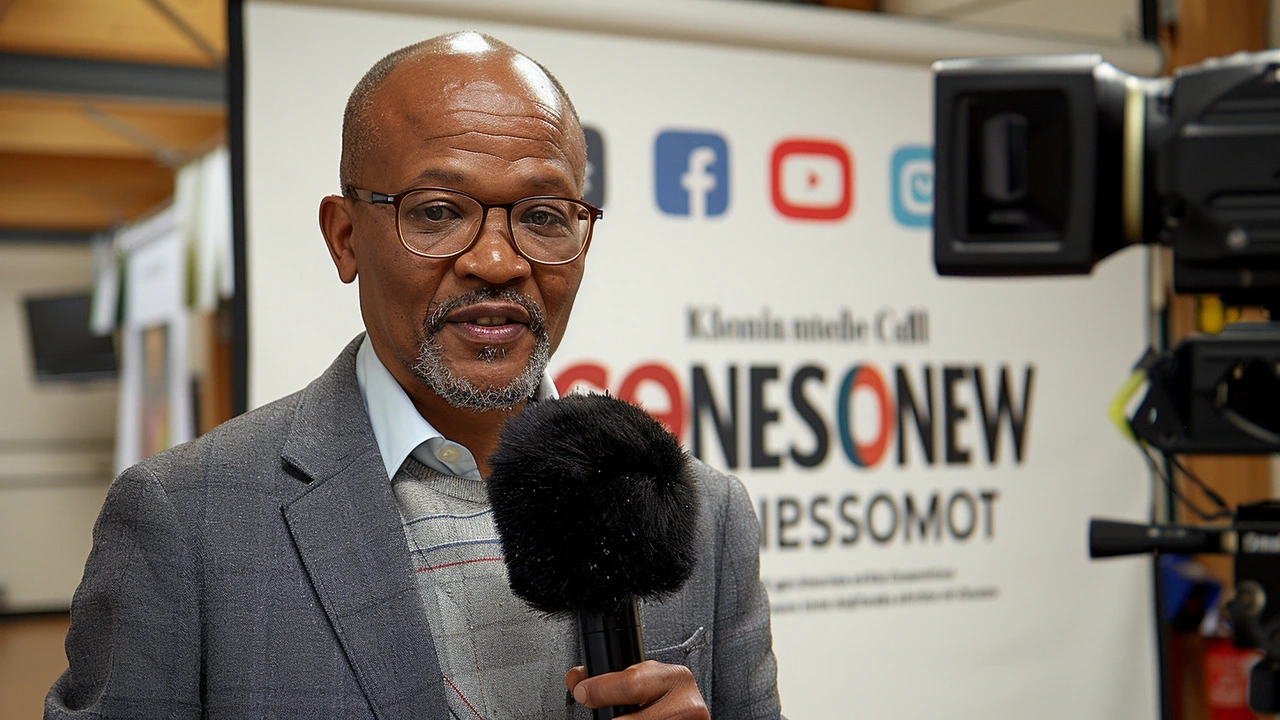
The Road Ahead
As the legal proceedings continue, both sides remain steadfast in their positions. Khumalo, embodying the spirit of resilience, is determined to see the recognition of his efforts and contributions to the party. His supporters view him as a visionary leader who deserves to reclaim his place at the helm. Conversely, Zuma's followers argue that his political prowess and historical legacy bring a level of gravitas that cannot be overlooked.
The court's decision is eagerly anticipated, not just by those directly involved, but by a nation watching closely. It is a moment that underscores the evolving nature of South African democracy, where the rule of law and individual aspiration converge to shape the future of its political landscape.
For now, all eyes are on the Electoral Court, with the hope that its ruling will bring clarity and resolution to a dispute that has captivated the attention of many. The stakes are high, the emotions are charged, and the implications are far-reaching. In the end, this case is more than just about leadership; it is about the principles of justice, fairness, and the dynamic journey of South Africa’s political evolution.
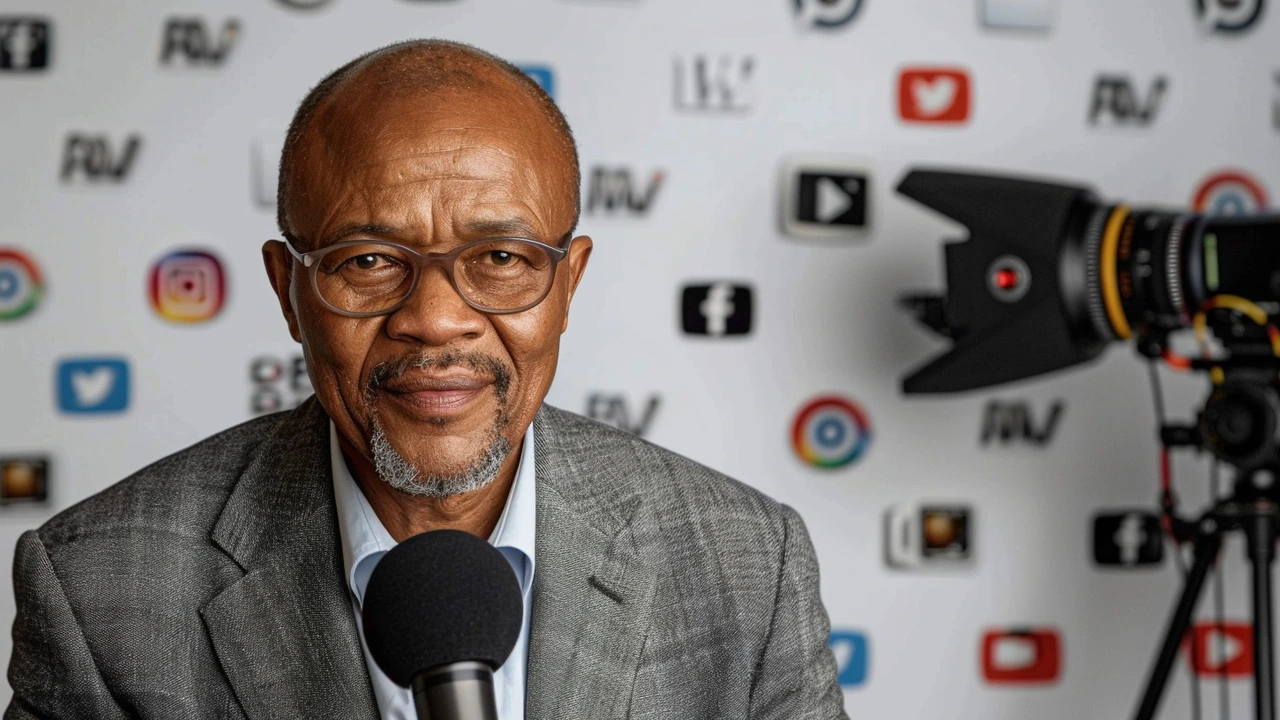
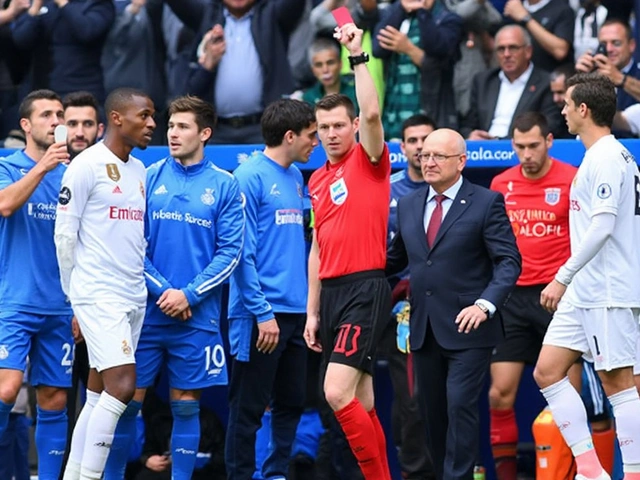
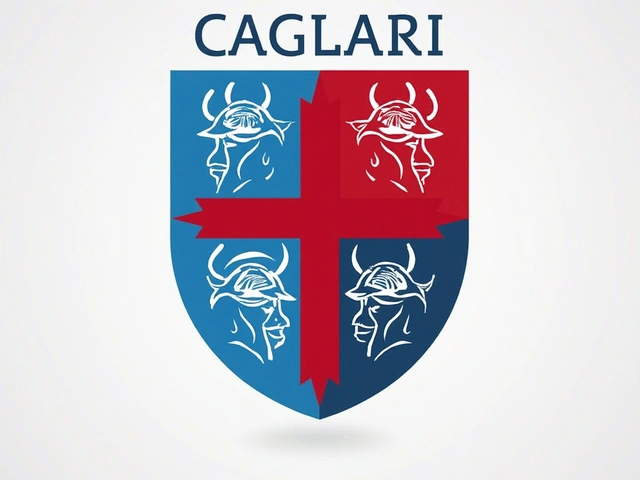

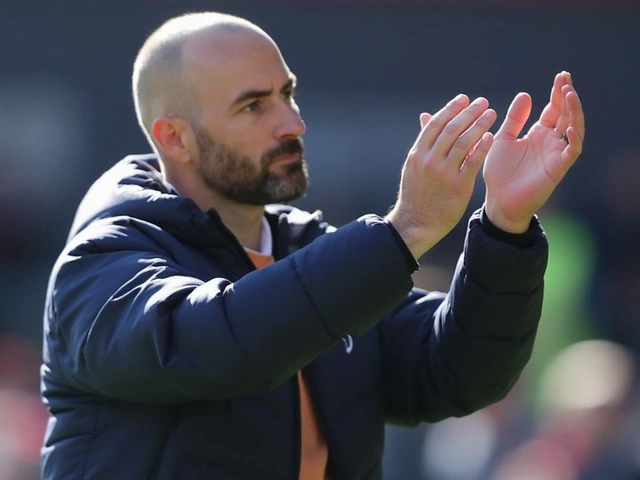
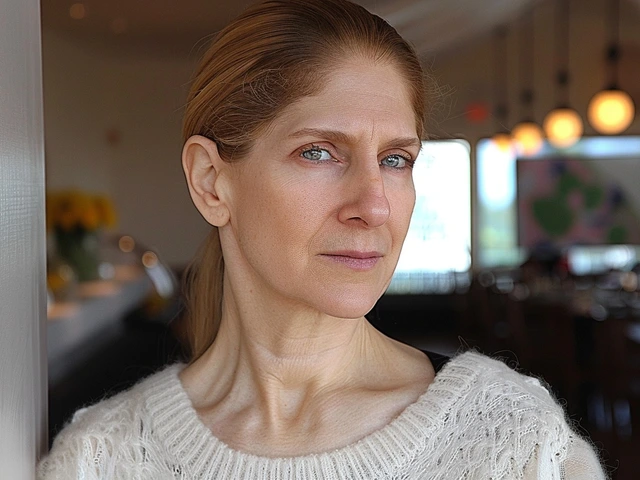
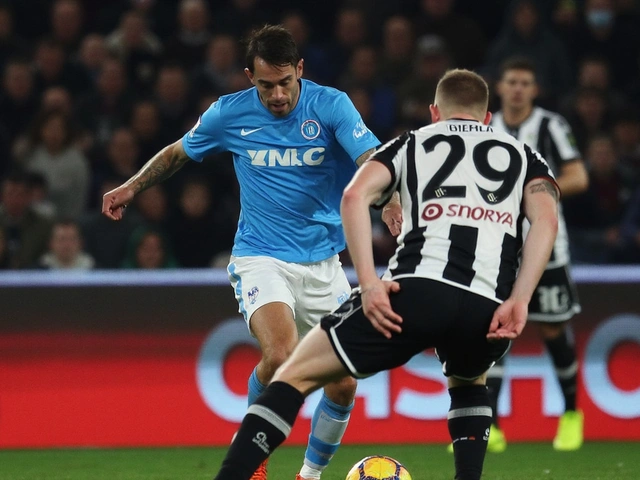
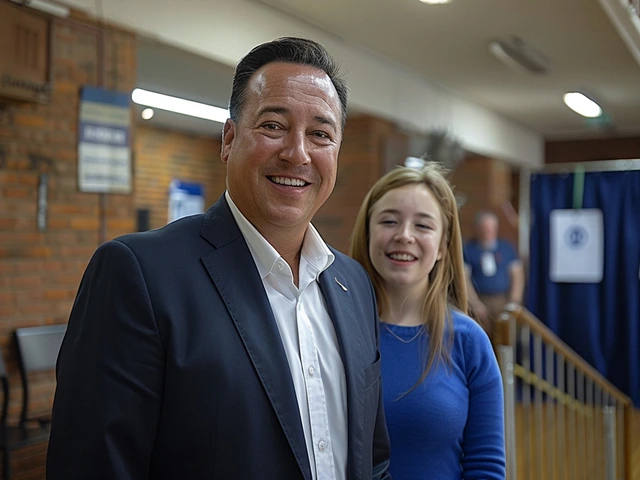
Write a comment